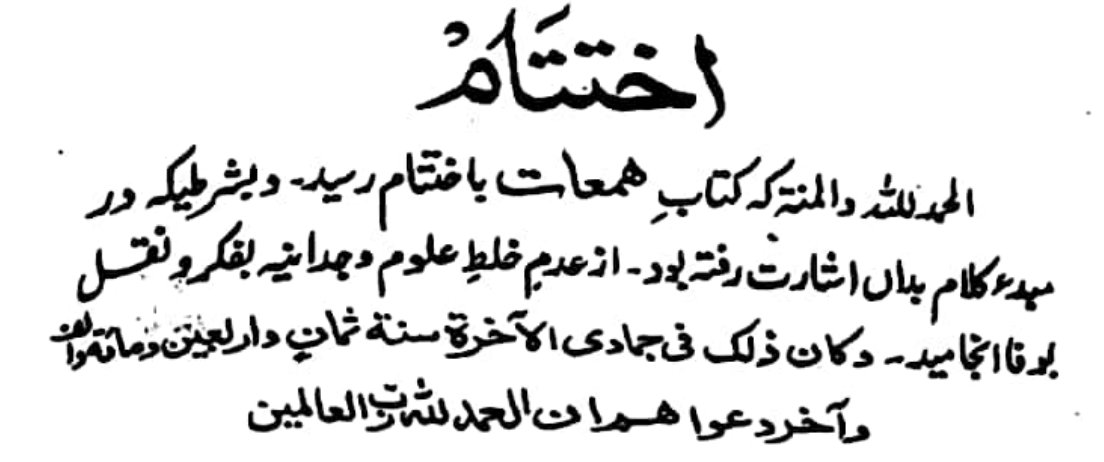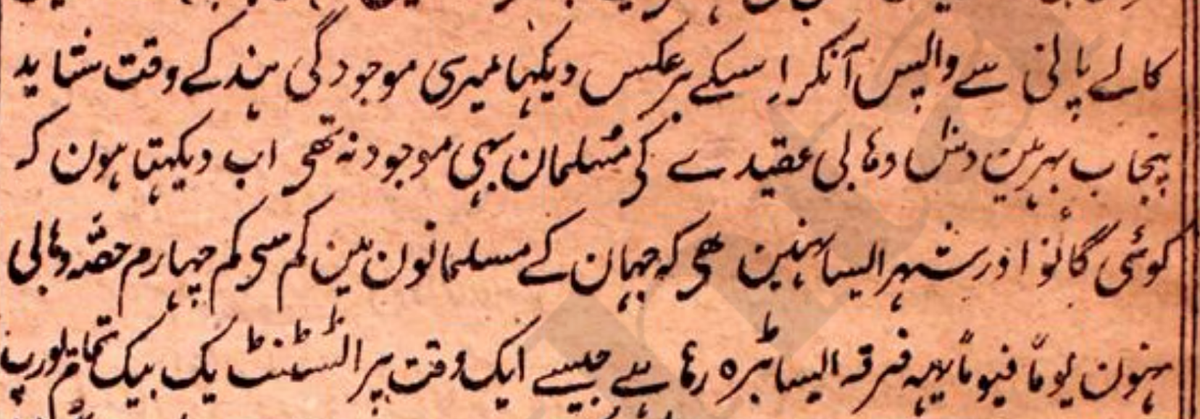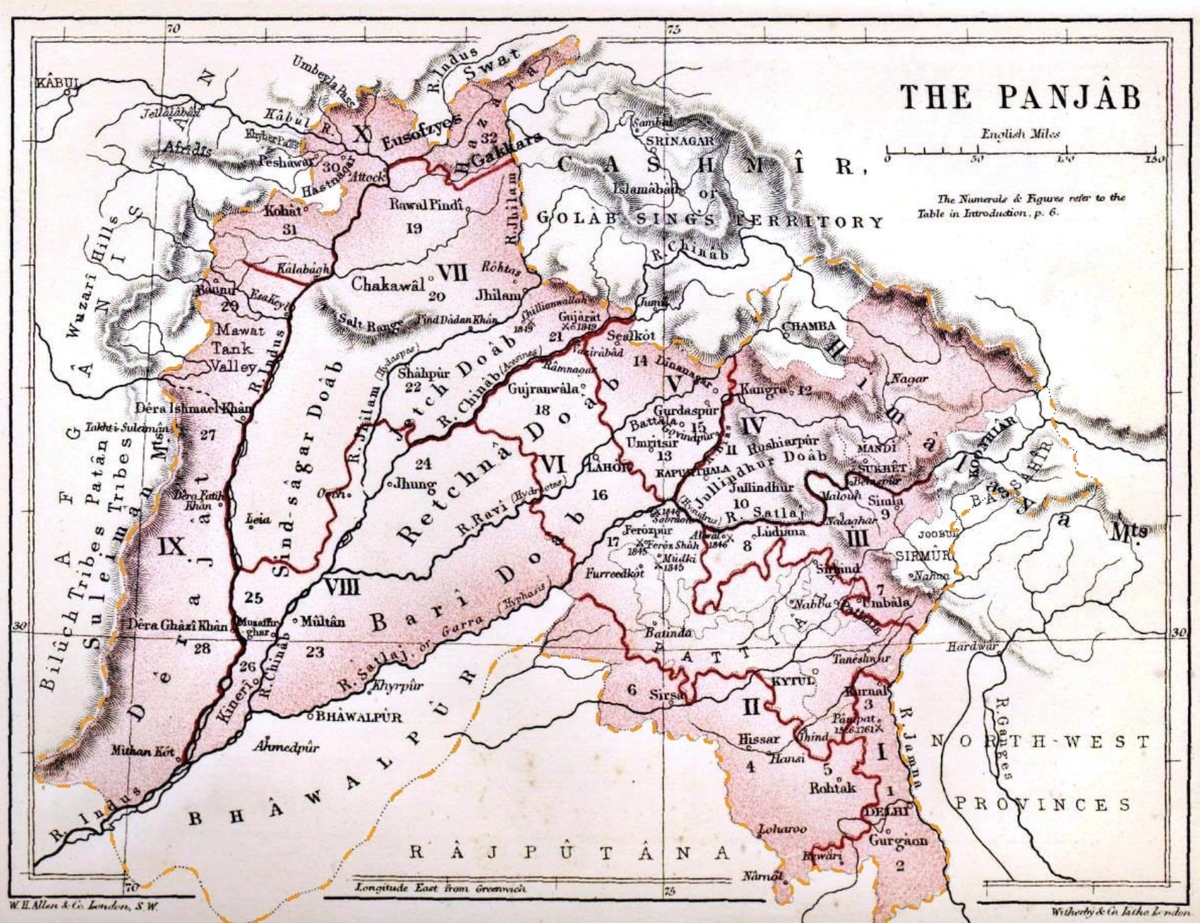It is common to observe absurd claims of him being a Salafī/Wahhābī/Najdī, however when we look to his works we see that he is far from any such description.
He authored a poem: Aţyab al-Nagham fī Mad’ĥi Sayyid al-Árabi wa’l Ájam.
Unto you is my turning and with you is my reliance, and my hopes are in you, and with you is my dependence.”
“Did Shāh Şāĥib teach this pure Shirk or trace of Shirk or not? And is the one who teaches such a thing a Kāfir, or Mushrik, or innovator and deviant, or not? ‘Make clear and gain reward’.”
This was mentioned here:




















